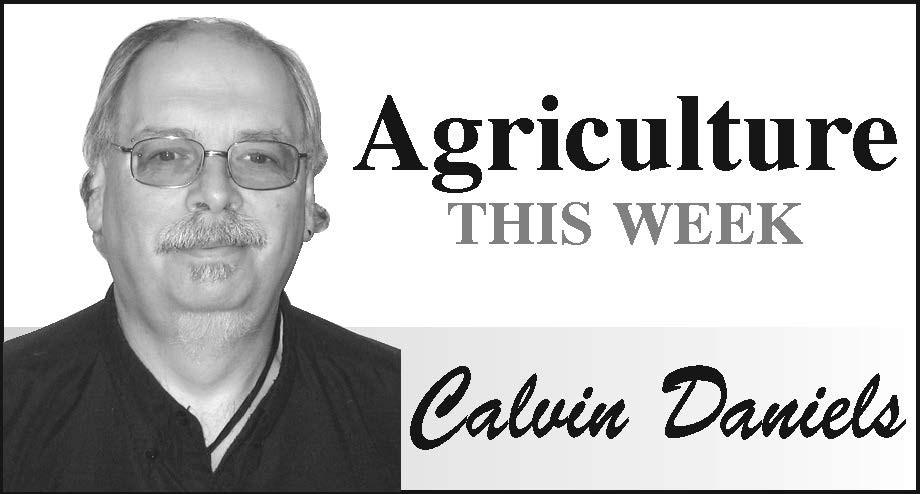To say we are living in unusual times is an understatement.
That is particularly true for the food sector.
On one hand we are being warned we could face a shortage, at least in certain foods, meats heading the list, while on the other hand producers are finding markets drying up.
A case in point is the Canadian pork sector where industry official’s government support is necessary to carry the sector through the current crisis that has caused producers to euthanize healthy hogs because there is no market for them.
The pork and poultry sectors are particularly fragile in terms of market closures because barn space is finite. If market ready animals don’t go out regularly, there is no space for the next animals arriving to be grown to market.
Cattle are of course also susceptible, but there may be some grassland options for some finished stock to be held at least a short time in hopes markets open.
The situation is a difficult one because without animals going to market producers have no cash flow to pay feed bills and staff wages.
And, no producer wants to kill off animals without them going on to the consumers for the table.
The situation of course relates to COVID-19, and flare ups in various facilities crucial to meat processing. The flare-ups result in closures and that disrupts the market at the farm production end.
It’s not that people don’t need or want the product.
In fact people, even in our country, will go to bed many nights hungry.
The situation is an increasingly large scale processing chain where one plant closure can break the entire chain and impact a huge part of the market in Canada and beyond.
Over the decades we have seen localized capacity to process meat all but disappear as the system has centralized and expanded. Efficiencies are gained in that way, but the chain becomes more vulnerable to situations like the one we face right now too.
And, it’s not just a meat situation being impacted at present.
The potato sector has a glut of product, millions of kilograms, because a major market is the restaurant trade, and that sector is either closed, or operating in limited ways which reduces their need for spuds.
Again the situation with potatoes seems at odds with worries about food supplies, but the issue is getting the product from the farm to the kitchen table in a way that provides affordable food for the consumer and pays farm costs at the same time.
That will be the difficult balance we need to achieve in the days ahead.
Calvin Daniels is Editor with Yorkton This Week.

